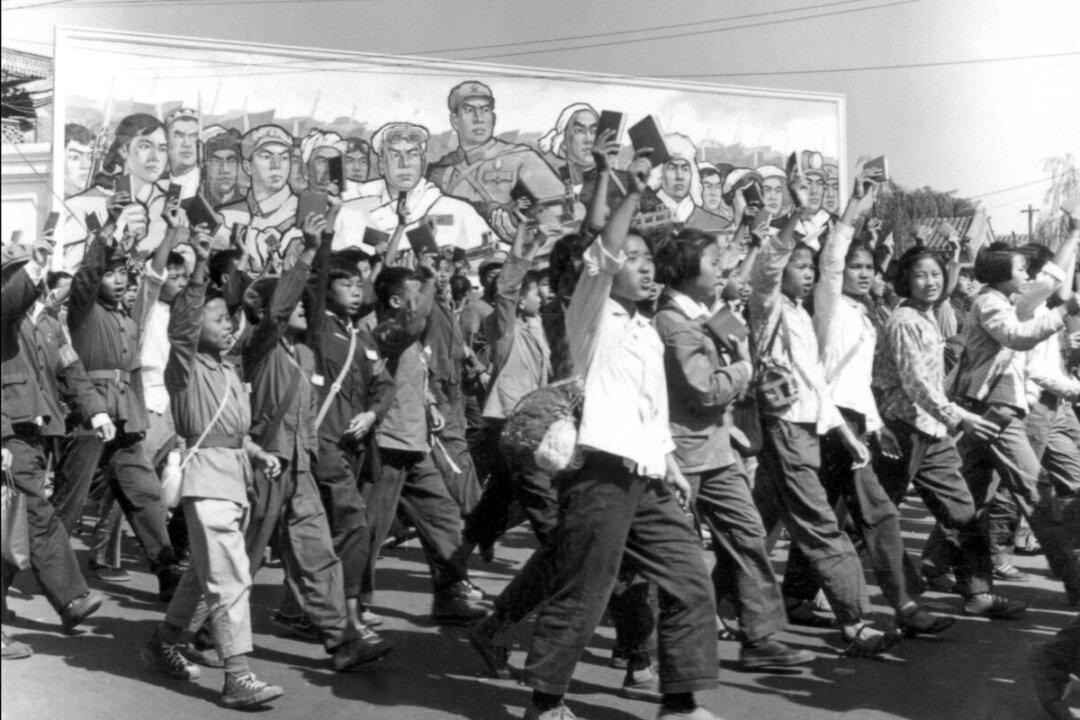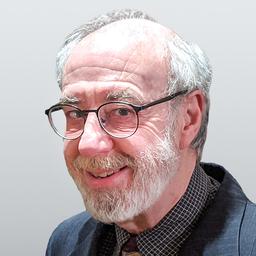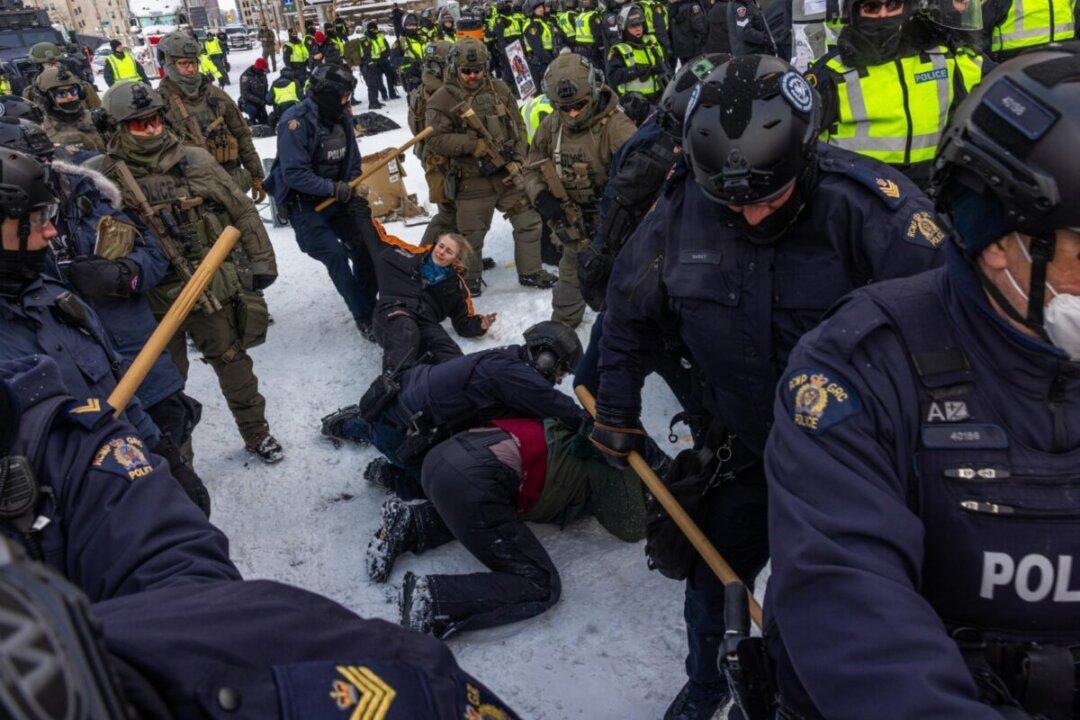Commentary
Whenever one hears the dreaded pleasantries “diversity,” “tolerance,” or “inclusion,” one knows that another of one’s fundamental democratic liberties is about to be rescinded by the revolutionary guard of progressive orthodoxy. Having witnessed the progressive—in both senses of the word—erosion of the freedoms of speech, religion, and association in Canada, which have fallen faster than Cold-War dominoes, I now hear myself repeating the words of Shakespeare’s Edgar: “The worst is not / So long as we can say ‘This is the worst.’”





